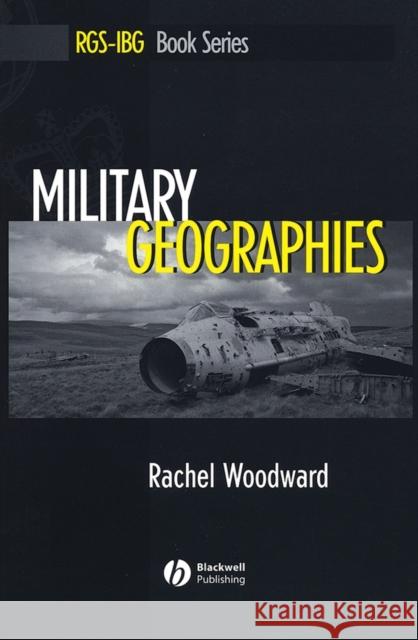Military Geographies » książka
topmenu
Military Geographies
ISBN-13: 9781405127776 / Angielski / Miękka / 2004 / 212 str.
Military Geographies is about how local space, place, environment and landscape are shaped by military presence, and about how wider geographies are touched by militarism.
- A book about how local space, place, environment and landscape are shaped by military presence, and about how wider geographies are touched by militarism.
- Sets a new agenda for the study of military geography with its critical analysis of the ways in which military control over space is legitimized.
- Explores the ways in which militarism and military activities control development, the use of space and our understanding of place.
- Focuses on military lands, establishments and personnel in contemporary peacetime settings.
- Uses examples from Europe, North America and Australasia.
- Draws on original research into the mechanisms by which the British government manages the defence estate.
- Illustrated with maps, plans and other figures.











